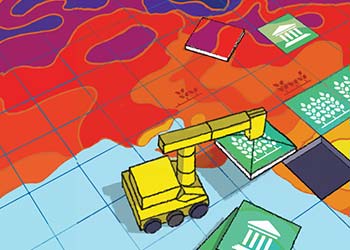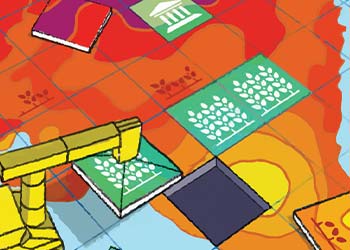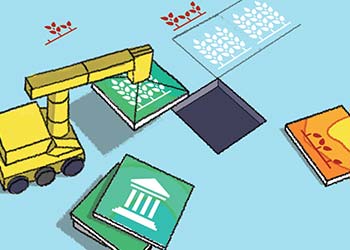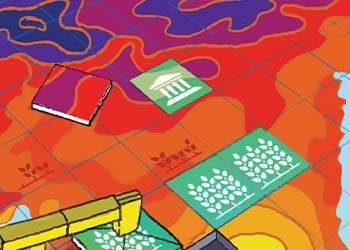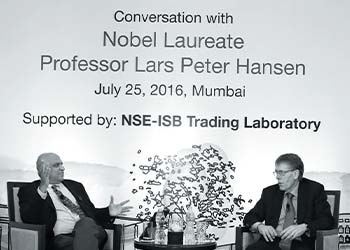Mitigating Risk and Vulnerability: Household-Level Responses to Drought
A survey of five drought prone states across India by ISB researchers shows that even as farming households wait for elusive government support, they devise their own coping mechanisms to address the fallout of drought. Having said that, the findings of the study point to the urgency for decision makers to prioritise drought mitigation, and adaptation strategies and for better targeting of investments in rain-fed agriculture.
Read more

